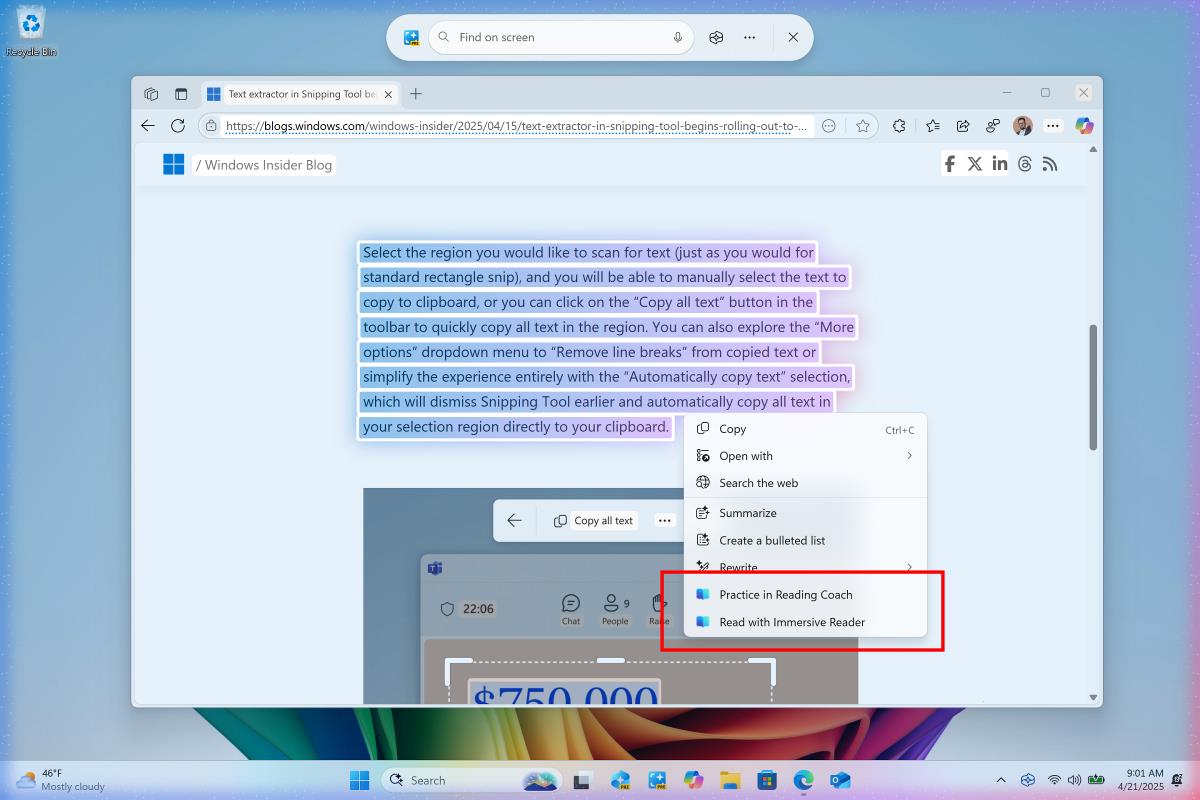Construction Dumpster Rental: Efficient Waste Solutions for Every Build
Every construction project, whether a minor renovation or a major commercial build, generates a substantial amount of debris. Managing this waste properly is essential to maintain a clean and safe work environment. Construction dumpster rentals are a convenient, efficient solution, allowing contractors and property owners to easily dispose of building materials, demolition debris, and other job site waste. These dumpsters help streamline operations, improve site safety, support environmental responsibility, and ensure timely cleanup all vital for keeping projects on track and within budget. Understanding Construction Dumpsters Construction dumpsters are large, open-top containers designed specifically to handle heavy and bulky debris like wood, concrete, drywall, roofing materials, and metal. Most construction dumpsters are roll-off models, which means they are delivered and picked up using trucks that roll them off and onto the job site. These containers are highly durable and come in a range of sizes, making them ideal for a wide variety of construction tasks from small residential upgrades to full-scale commercial developments. The Importance of Proper Job Site Waste Management On any construction site, proper waste disposal is not just a matter of cleanliness it's about safety, efficiency, and compliance. Allowing debris to accumulate can create tripping hazards, block access routes, and slow down work. A dumpster on site ensures there’s a designated space for all waste, helping keep the area organized and improving workflow. It also simplifies final cleanup, saving time and labor. Most importantly, it keeps the project compliant with municipal and environmental regulations. Typical Uses of Construction Dumpsters Construction dumpsters serve multiple purposes across a variety of project types. During demolition, they’re essential for hauling away broken materials. In remodeling projects, dumpsters can hold cabinetry, drywall, flooring, and insulation. For new construction, they capture offcuts, packaging waste, and extra materials. Landscapers also use them to dispose of soil, sod, and old plant material. Whether you're replacing a roof or building from the ground up, there's a dumpster that fits the job. Available Sizes and Choosing the Right One Roll-off dumpsters come in several standard sizes to accommodate different levels of waste. A 10-yard dumpster is great for small home cleanouts or light remodeling jobs. The 20-yard size is a common choice for mid-sized renovations like kitchen or bathroom remodels or roofing projects. A 30-yard dumpster suits larger jobs such as home additions or full-property cleanups. The largest, 40-yard dumpsters, are designed for major construction or demolition projects with high volumes of waste. Selecting the appropriate size helps prevent overfilling, controls costs, and ensures efficient service. Most rental providers assist clients in estimating the best container size based on the scope and nature of the project. What Materials Can Go in a Construction Dumpster? Construction dumpsters can accept a wide variety of debris types, including wood, drywall, bricks, asphalt, roofing shingles, siding, glass, plastic, cardboard, and scrap metal. However, there are restrictions on certain hazardous materials like paint, chemicals, solvents, asbestos, batteries, and some electronics. Dumping prohibited items can result in fines or disposal surcharges. It’s always wise to check with your dumpster provider for a complete list of accepted and restricted materials. Flexible Rental Terms and Pickup Options Dumpster rental companies typically offer flexible terms to accommodate the needs of different projects. Rentals usually span from a few days to several weeks, with the option to extend as needed. Providers also offer various pickup options scheduled pickups, on-demand swaps, or recurring service for ongoing projects. This flexibility is crucial for adapting to a job’s evolving needs, especially when timelines shift or debris volumes exceed expectations. Understanding Costs and Pricing Factors Dumpster rental times, or the presence of restricted materials may result in additional charges.The cost of renting a construction dumpster depends on several elements, including container size, rental duration, location, and the type of waste being disposed of. Smaller dumpsters tend to be more affordable, with prices starting around $300, while larger 40-yard containers can exceed $900, especially in high-demand areas. Some companies offer flat-rate pricing that includes delivery, pickup, and disposal up to a certain weight limit, helping prevent surprise fees. Overweight loads Environmentally Responsible Waste Disposal Many dumpster rental services are committed to sustainable practices. After pickup, waste is often taken to facilities where it is sorted and recyclable materials are recovered. Items like clean wood, metal, concrete, and cardboard can often be reused or recycled, red
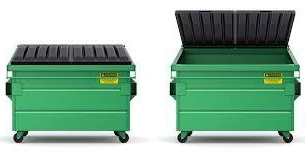
Every construction project, whether a minor renovation or a major commercial build, generates a substantial amount of debris. Managing this waste properly is essential to maintain a clean and safe work environment. Construction dumpster rentals are a convenient, efficient solution, allowing contractors and property owners to easily dispose of building materials, demolition debris, and other job site waste. These dumpsters help streamline operations, improve site safety, support environmental responsibility, and ensure timely cleanup all vital for keeping projects on track and within budget.
Understanding Construction Dumpsters
Construction dumpsters are large, open-top containers designed specifically to handle heavy and bulky debris like wood, concrete, drywall, roofing materials, and metal. Most construction dumpsters are roll-off models, which means they are delivered and picked up using trucks that roll them off and onto the job site. These containers are highly durable and come in a range of sizes, making them ideal for a wide variety of construction tasks from small residential upgrades to full-scale commercial developments.
The Importance of Proper Job Site Waste Management
On any construction site, proper waste disposal is not just a matter of cleanliness it's about safety, efficiency, and compliance. Allowing debris to accumulate can create tripping hazards, block access routes, and slow down work. A dumpster on site ensures there’s a designated space for all waste, helping keep the area organized and improving workflow. It also simplifies final cleanup, saving time and labor. Most importantly, it keeps the project compliant with municipal and environmental regulations.
Typical Uses of Construction Dumpsters
Construction dumpsters serve multiple purposes across a variety of project types. During demolition, they’re essential for hauling away broken materials. In remodeling projects, dumpsters can hold cabinetry, drywall, flooring, and insulation. For new construction, they capture offcuts, packaging waste, and extra materials. Landscapers also use them to dispose of soil, sod, and old plant material. Whether you're replacing a roof or building from the ground up, there's a dumpster that fits the job.
Available Sizes and Choosing the Right One
Roll-off dumpsters come in several standard sizes to accommodate different levels of waste. A 10-yard dumpster is great for small home cleanouts or light remodeling jobs. The 20-yard size is a common choice for mid-sized renovations like kitchen or bathroom remodels or roofing projects. A 30-yard dumpster suits larger jobs such as home additions or full-property cleanups. The largest, 40-yard dumpsters, are designed for major construction or demolition projects with high volumes of waste. Selecting the appropriate size helps prevent overfilling, controls costs, and ensures efficient service. Most rental providers assist clients in estimating the best container size based on the scope and nature of the project.
What Materials Can Go in a Construction Dumpster?
Construction dumpsters can accept a wide variety of debris types, including wood, drywall, bricks, asphalt, roofing shingles, siding, glass, plastic, cardboard, and scrap metal. However, there are restrictions on certain hazardous materials like paint, chemicals, solvents, asbestos, batteries, and some electronics. Dumping prohibited items can result in fines or disposal surcharges. It’s always wise to check with your dumpster provider for a complete list of accepted and restricted materials.
Flexible Rental Terms and Pickup Options
Dumpster rental companies typically offer flexible terms to accommodate the needs of different projects. Rentals usually span from a few days to several weeks, with the option to extend as needed. Providers also offer various pickup options scheduled pickups, on-demand swaps, or recurring service for ongoing projects. This flexibility is crucial for adapting to a job’s evolving needs, especially when timelines shift or debris volumes exceed expectations.
Understanding Costs and Pricing Factors
Dumpster rental times, or the presence of restricted materials may result in additional charges.The cost of renting a construction dumpster depends on several elements, including container size, rental duration, location, and the type of waste being disposed of. Smaller dumpsters tend to be more affordable, with prices starting around $300, while larger 40-yard containers can exceed $900, especially in high-demand areas. Some companies offer flat-rate pricing that includes delivery, pickup, and disposal up to a certain weight limit, helping prevent surprise fees. Overweight loads
Environmentally Responsible Waste Disposal
Many dumpster rental services are committed to sustainable practices. After pickup, waste is often taken to facilities where it is sorted and recyclable materials are recovered. Items like clean wood, metal, concrete, and cardboard can often be reused or recycled, reducing landfill impact. Some providers offer separate recycling dumpsters or LEED-compliant solutions for green construction projects. Choosing an environmentally responsible service supports your project's sustainability goals and can even reduce disposal fees.
Best Practices for Efficient Use of Construction Dumpsters
To get the most value from your dumpster rental, consider a few smart usage strategies. Break down bulky materials to conserve space. Load heavier items first to keep the container balanced. Avoid placing items above the fill line, as overfilled dumpsters may be refused for pickup or incur fines. Cover the dumpster during rainy weather to prevent water from increasing the container's weight. It's also important to educate your crew on what materials are allowed and how to properly load the dumpster to avoid delays and additional charges.
Choosing a Reliable Dumpster Rental Provider
The right dumpster provider can make a big difference in the success of your project. Look for companies with a reputation for timely service, transparent pricing, and responsive customer support. A provider who understands local regulations and can assist with permits adds further value. Reliable rental companies offer helpful consultations to ensure you get the right dumpster size and service plan, reducing the risk of missteps and unnecessary expenses.
Conclusion
Construction dumpster rentals are a smart, reliable solution for managing waste on any job site. They provide a safe, efficient, and environmentally conscious way to collect and dispose of construction debris. With various sizes, flexible terms, and eco-friendly options available, construction dumpsters help keep projects organized and compliant with regulations. By working with a reputable provider and following best practices, you can ensure a smooth waste removal process that supports your project's success.
FAQs
How fast can I get a dumpster delivered to my site?
Most providers can deliver within 24 to 48 hours of your request.
Is a permit required for dumpster placement?
If the dumpster will be placed on public property like a street, a permit is typically needed. Your rental company can guide you through the process.
Can I dispose of concrete and bricks in the dumpster?
Yes, but these heavy materials are often limited to smaller dumpsters due to weight restrictions.
What if I exceed the weight limit?
You may be charged an overage fee based on the excess weight. It's best to estimate your debris volume accurately.
Are weekend deliveries available?
Many providers offer weekend delivery and pickup, though availability varies by location.



























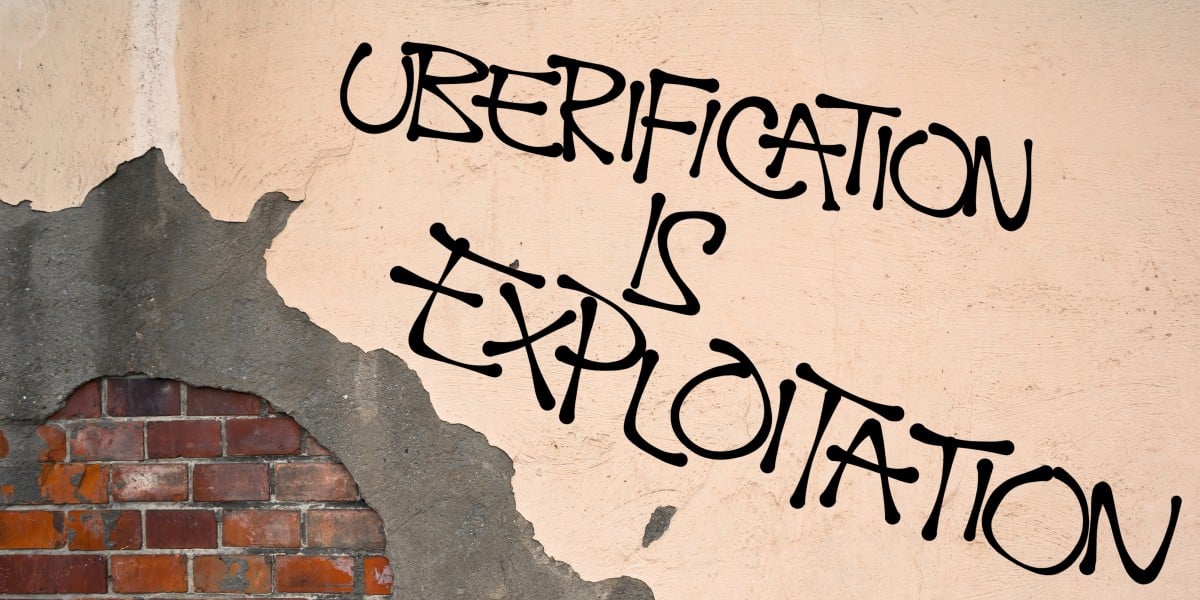















































































































































![[The AI Show Episode 144]: ChatGPT’s New Memory, Shopify CEO’s Leaked “AI First” Memo, Google Cloud Next Releases, o3 and o4-mini Coming Soon & Llama 4’s Rocky Launch](https://www.marketingaiinstitute.com/hubfs/ep%20144%20cover.png)

























































































































































![BPMN-procesmodellering [closed]](https://i.sstatic.net/l7l8q49F.png)























































































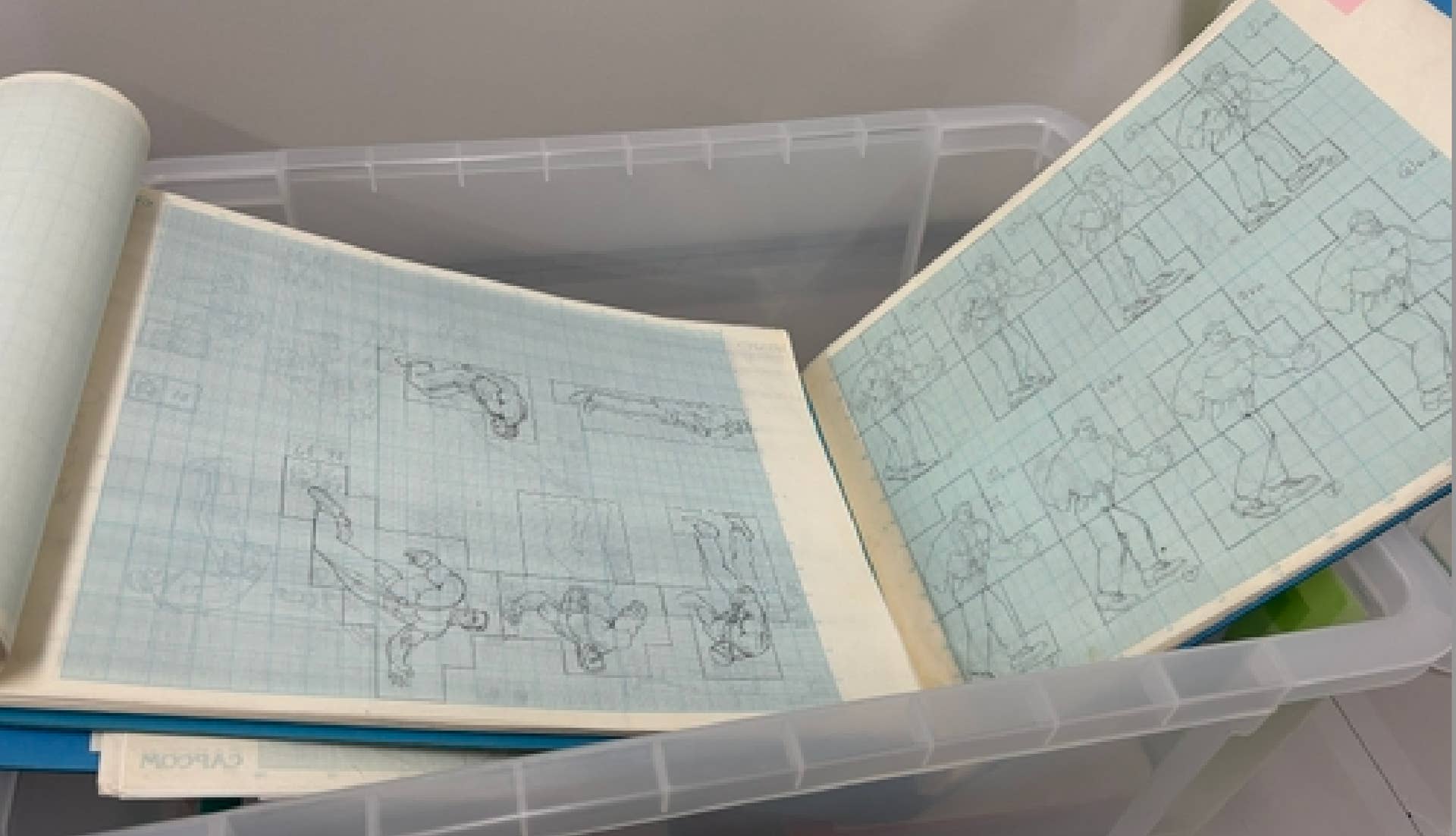


-All-will-be-revealed-00-35-05.png?width=1920&height=1920&fit=bounds&quality=70&format=jpg&auto=webp#)
-All-will-be-revealed-00-17-36.png?width=1920&height=1920&fit=bounds&quality=70&format=jpg&auto=webp#)

























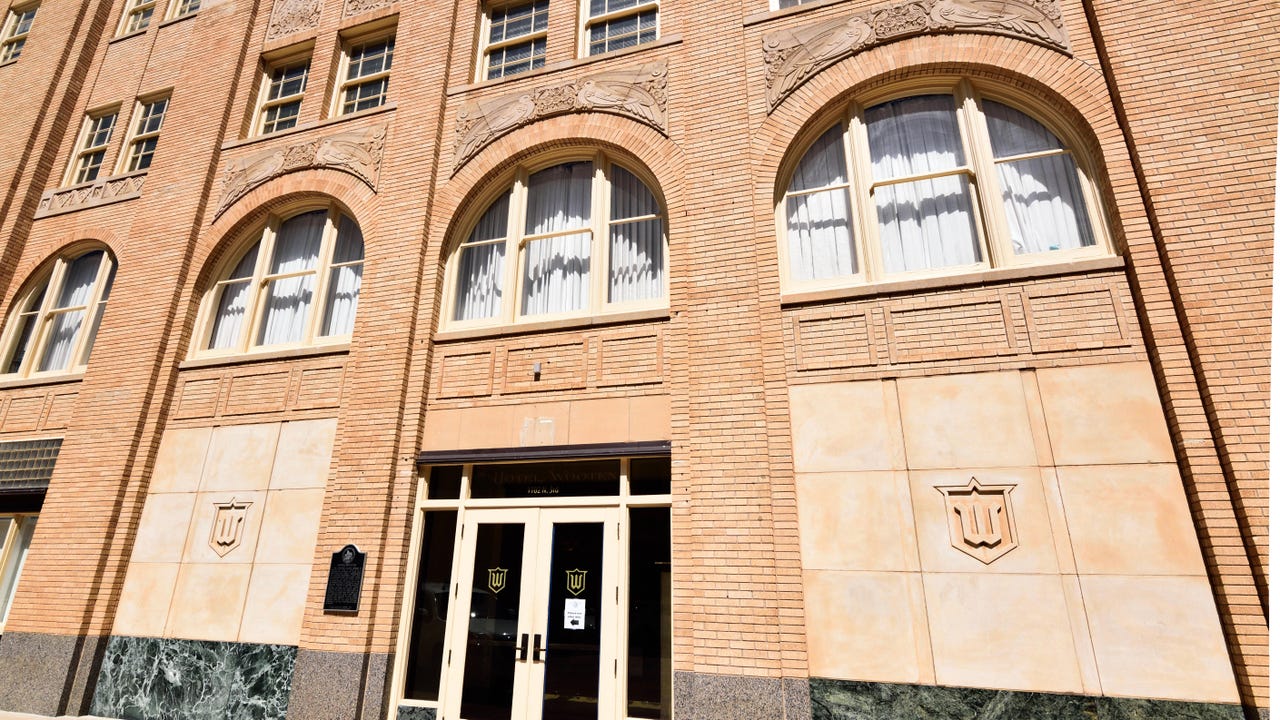








































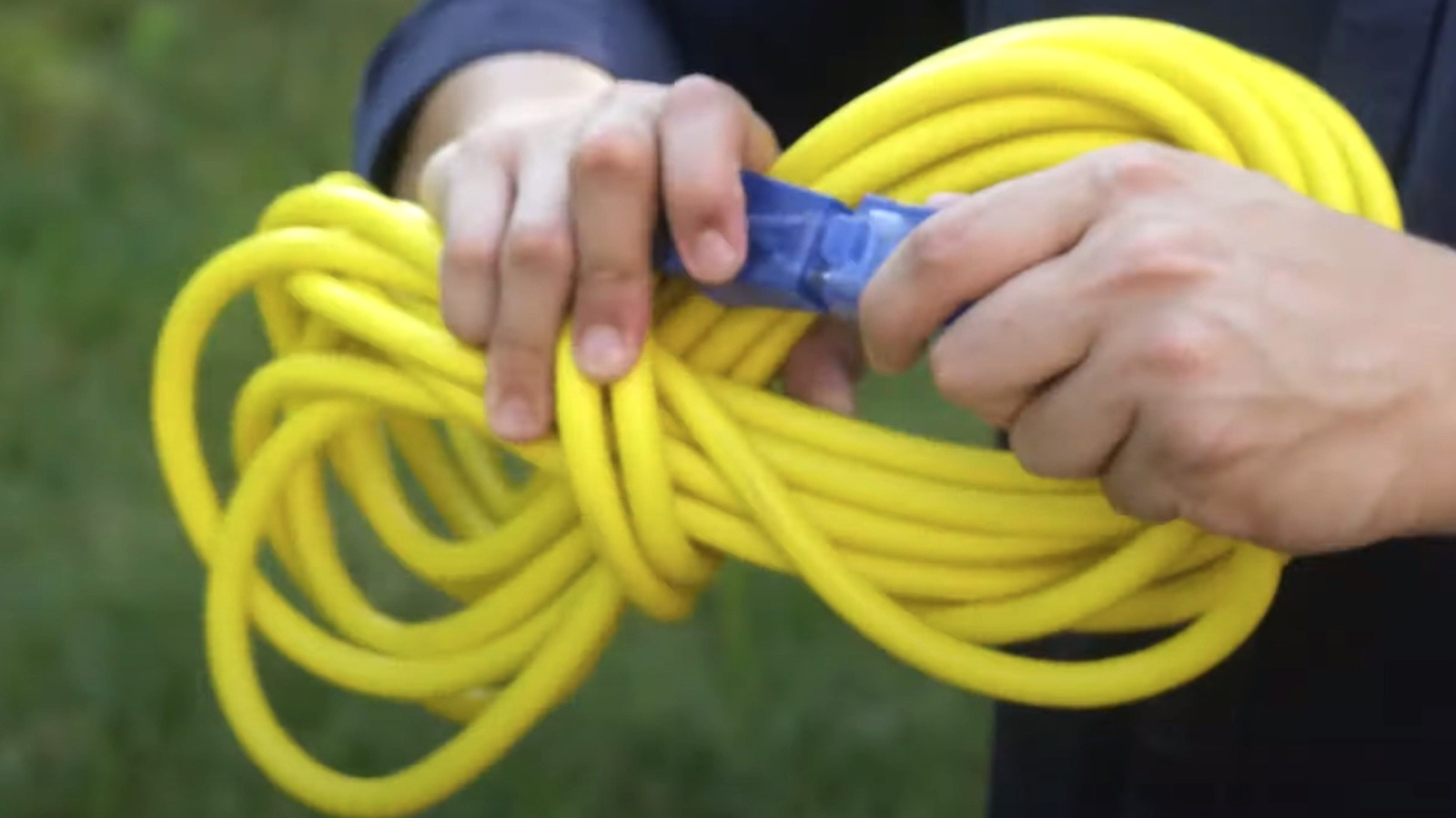
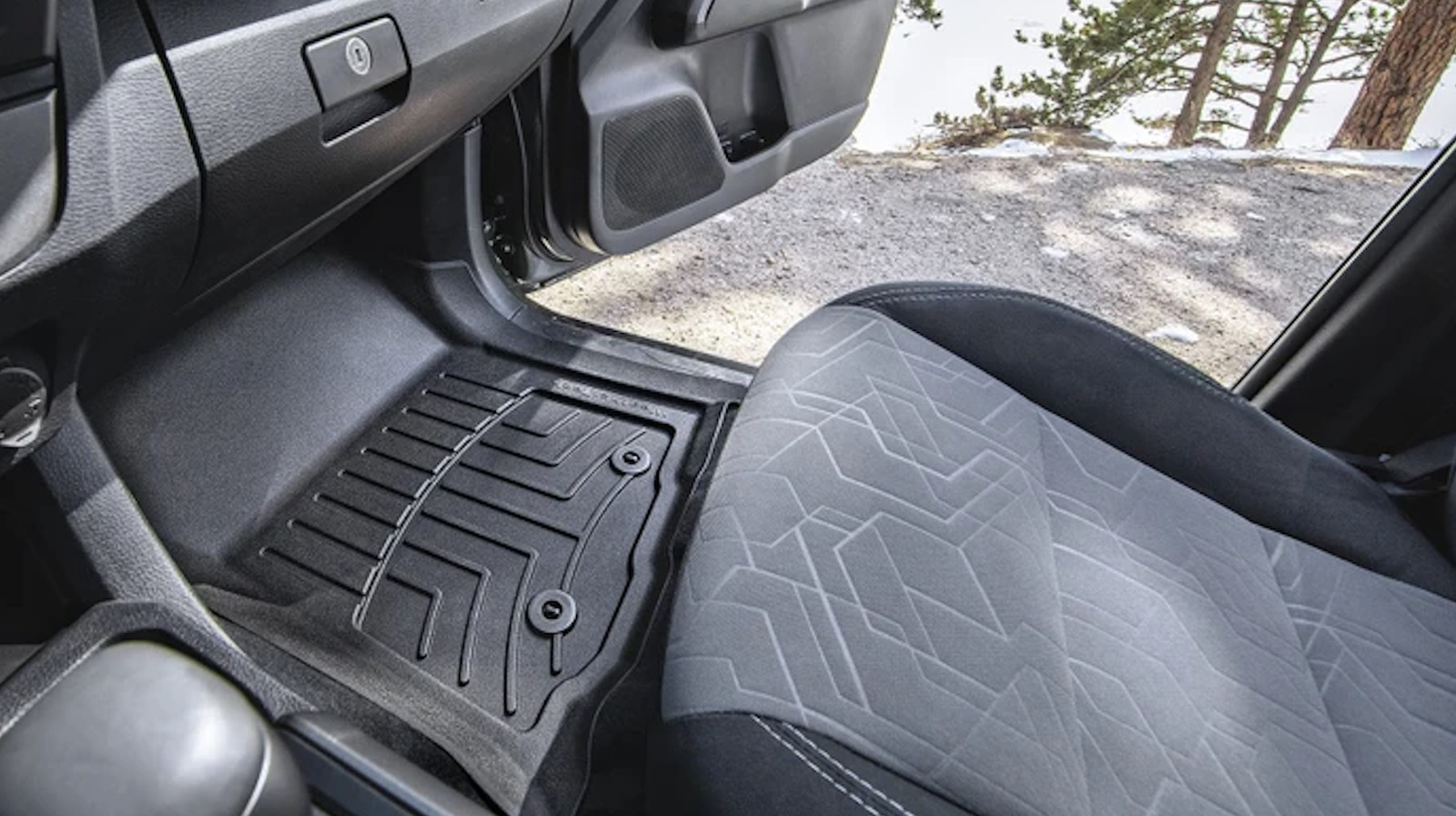
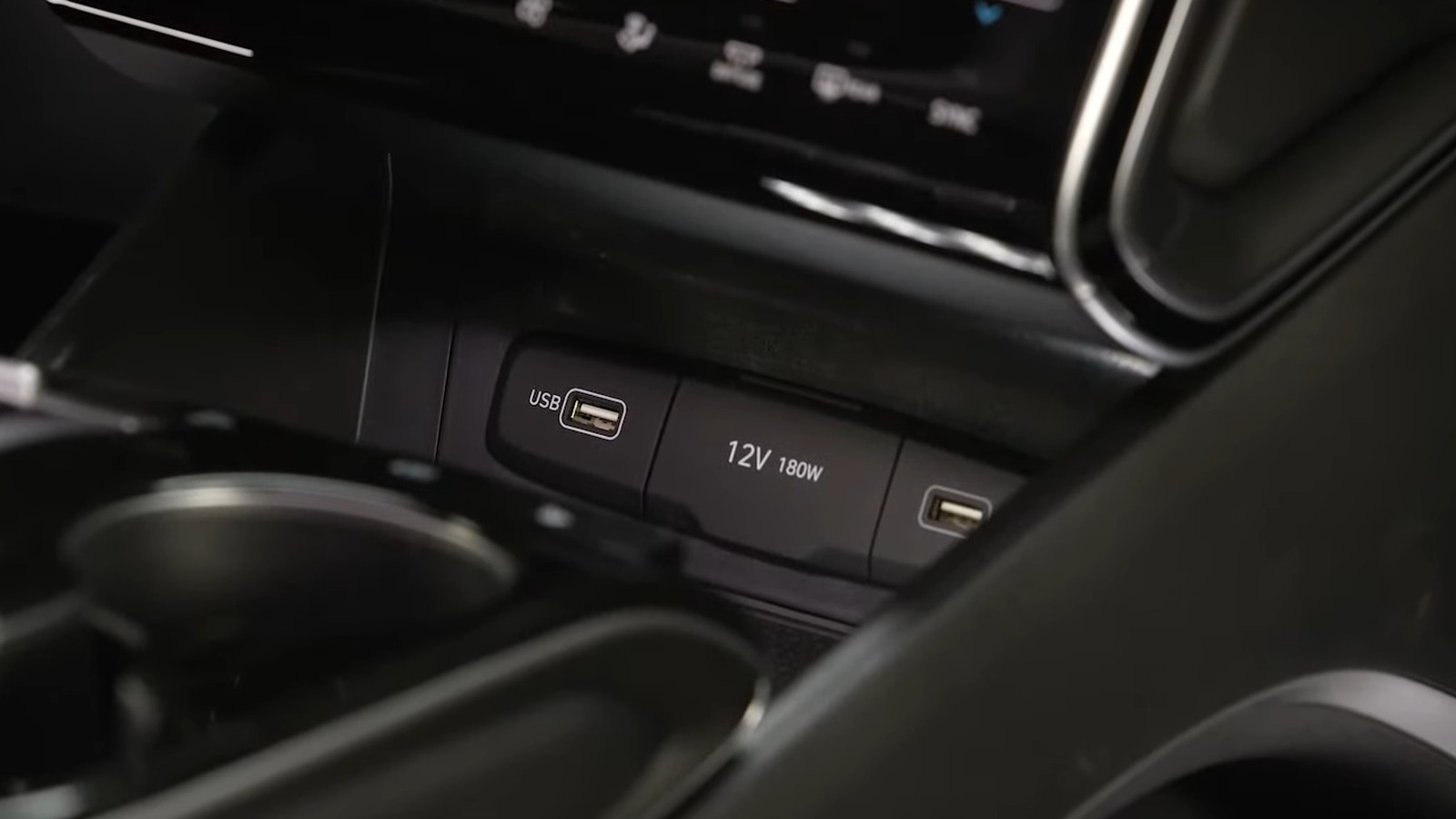









































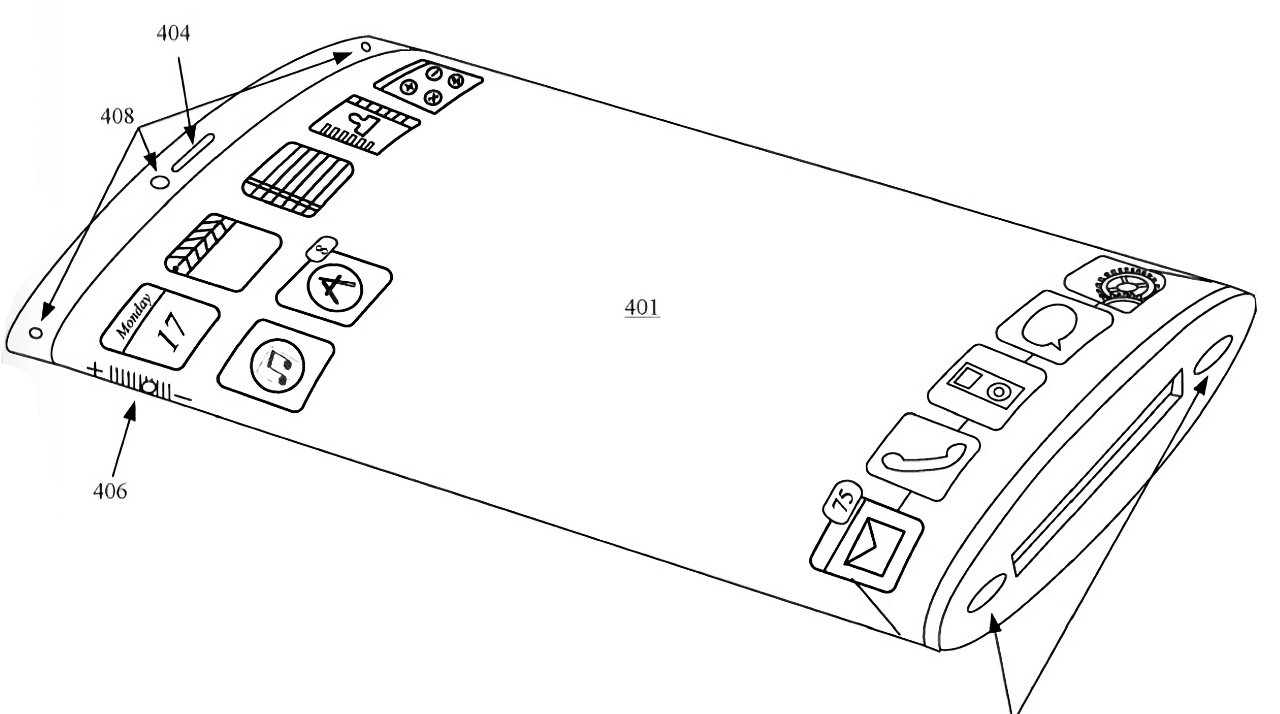







![What iPhone 17 model are you most excited to see? [Poll]](https://9to5mac.com/wp-content/uploads/sites/6/2025/04/iphone-17-pro-sky-blue.jpg?quality=82&strip=all&w=290&h=145&crop=1)







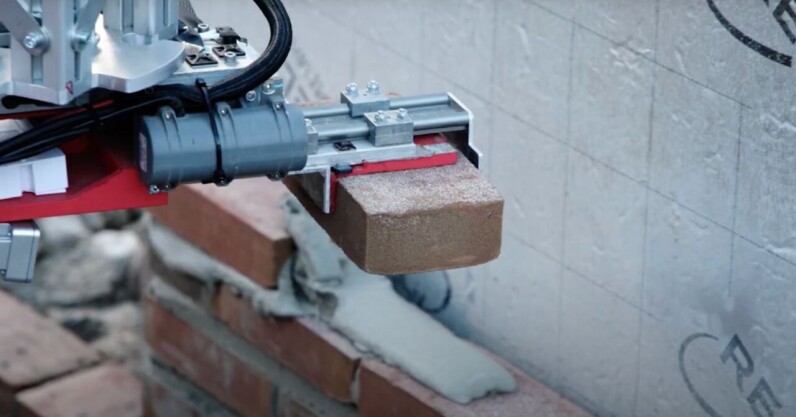









![Hands-On With 'iPhone 17 Air' Dummy Reveals 'Scary Thin' Design [Video]](https://www.iclarified.com/images/news/97100/97100/97100-640.jpg)
![Mike Rockwell is Overhauling Siri's Leadership Team [Report]](https://www.iclarified.com/images/news/97096/97096/97096-640.jpg)
![Instagram Releases 'Edits' Video Creation App [Download]](https://www.iclarified.com/images/news/97097/97097/97097-640.jpg)
![Inside Netflix's Rebuild of the Amsterdam Apple Store for 'iHostage' [Video]](https://www.iclarified.com/images/news/97095/97095/97095-640.jpg)


















